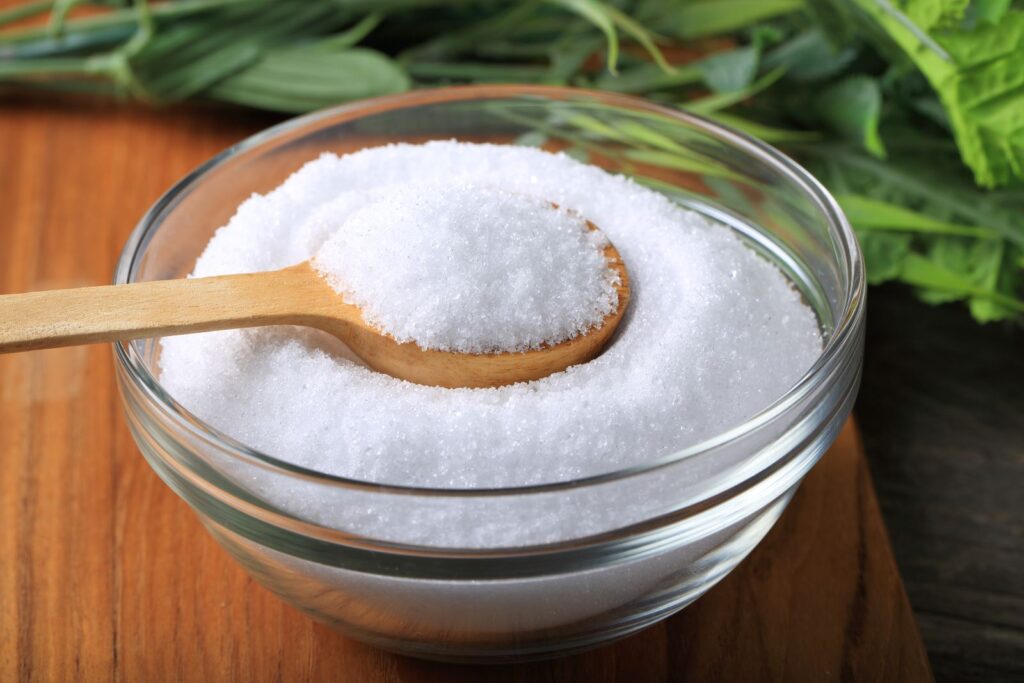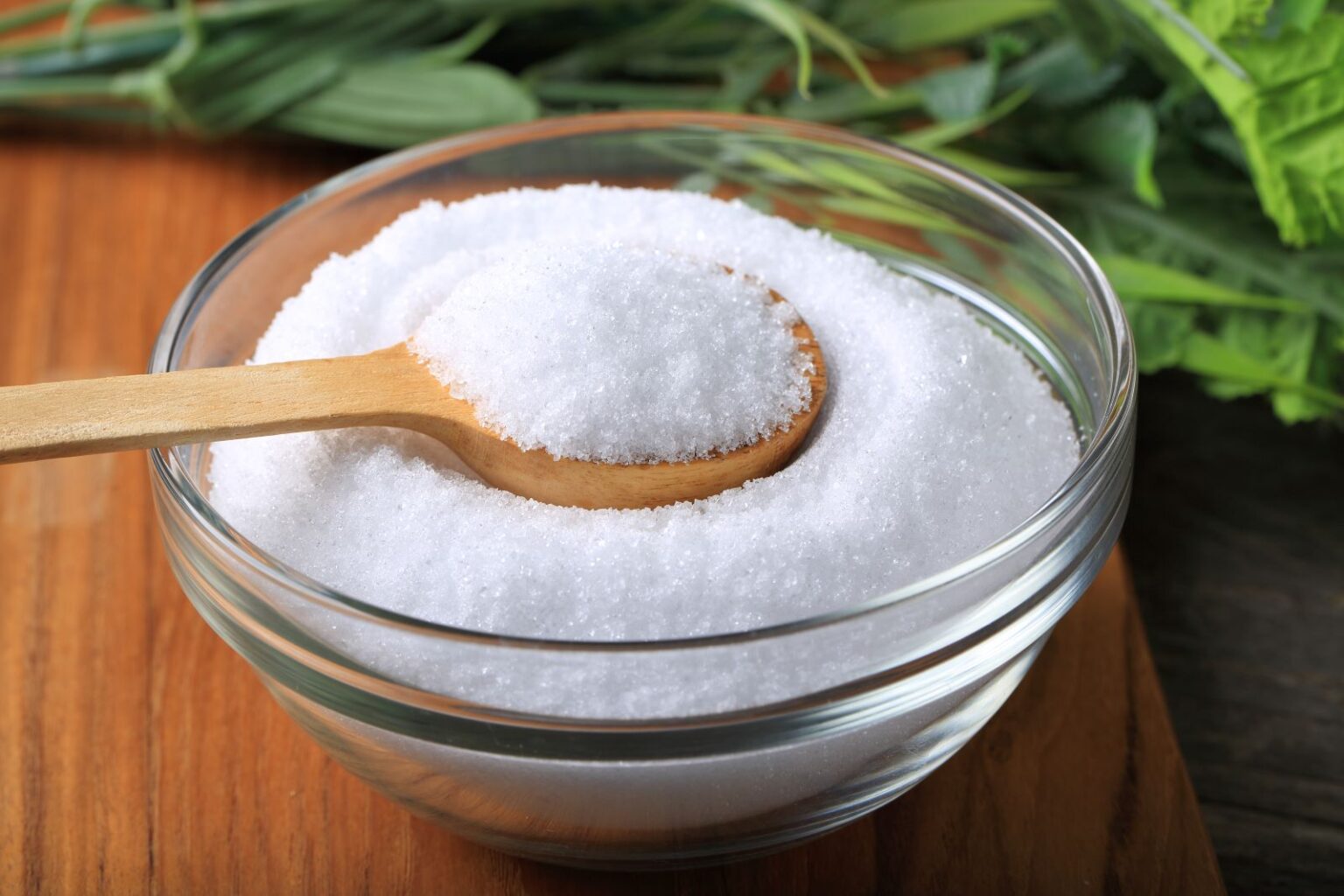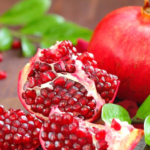Sucralose, a widely used artificial sweetener, has sparked both curiosity and controversy in the realm of nutrition and weight management. From its impact on blood sugar levels to its potential effects on gut health, there are many questions surrounding the use of sucralose in the quest for weight loss. Let’s delve into the science behind sucralose and explore whether it deserves a place in your journey towards a healthier lifestyle.

What is Sucralose?
Sucralose is an artificial sweetener derived from sucrose, or table sugar. Unlike sugar, sucralose is not metabolized by the body for energy, which means it provides sweetness without the added calories. This makes sucralose an attractive option for individuals looking to reduce their calorie intake while still enjoying sweet-tasting foods and beverages.
Does Sucralose Affect Blood Sugar and Insulin?
One of the key benefits of sucralose is its minimal impact on blood sugar levels. Since sucralose is not broken down by the body, it does not cause spikes in blood glucose or insulin levels, making it a suitable option for individuals with diabetes or those watching their carbohydrate intake. This aspect of sucralose makes it an appealing choice for diabetics or anyone following a low-carb diet.
Is Baking with Sucralose Harmful?
Sucralose is heat-stable, which means it can withstand high temperatures without breaking down or losing its sweetness. This makes it suitable for baking and cooking, allowing individuals to enjoy their favorite treats without the added calories from sugar. However, some studies suggest that high temperatures may cause sucralose to break down into potentially harmful compounds. While more research is needed in this area, it’s essential to use sucralose in moderation and to follow recommended guidelines for baking and cooking.
Does Sucralose Affect Gut Health?
The impact of sucralose on gut health is a topic of ongoing debate. Some studies suggest that sucralose may alter the composition of gut bacteria, potentially disrupting the balance of beneficial microbes in the gut microbiome. However, more research is needed to fully understand the long-term effects of sucralose on gut health and whether these changes have significant implications for overall well-being.
Does Sucralose Help You to Lose Weight or Gain Weight?
While sucralose provides sweetness without the added calories, research on its role in weight loss is mixed. Some studies suggest that replacing sugar with sucralose may help individuals reduce their calorie intake and promote weight loss. However, other research indicates that artificial sweeteners like sucralose may disrupt appetite regulation and lead to increased food intake, potentially hindering weight loss efforts. As with any dietary choice, individual responses to sucralose may vary, and it’s essential to consider overall dietary patterns and lifestyle factors when assessing its impact on weight management.
Is it Safe to Consume Sucralose?
The safety of sucralose has been extensively studied, and regulatory agencies around the world, including the FDA and the European Food Safety Authority, have deemed it safe for human consumption. Numerous studies have evaluated the potential health effects of sucralose, including its carcinogenicity, reproductive toxicity, and impact on metabolic health, and have found no evidence to suggest significant risks at typical levels of consumption. However, like any food additive, it’s essential to use sucralose in moderation and as part of a balanced diet.
What are Alternative Natural Sweeteners that are Safer to Use than Sucralose?
For individuals looking to avoid artificial sweeteners like sucralose, there are several natural sweeteners available as alternatives. Stevia, a sweetener derived from the leaves of the Stevia rebaudiana plant, is one option. Stevia provides sweetness without calories and has been shown to have beneficial effects on blood sugar levels and insulin sensitivity. Monk fruit extract is another natural sweetener that offers sweetness without the calories and may have antioxidant and anti-inflammatory properties. Erythritol, a sugar alcohol, is also commonly used as a natural sweetener and is well-tolerated by most individuals.
In conclusion, sucralose can be a useful tool for reducing calorie intake and managing blood sugar levels, particularly for individuals with diabetes or those looking to lose weight. However, it’s essential to use sucralose in moderation and to consider its potential impact on gut health and overall well-being. For those seeking alternatives, natural sweeteners like stevia, monk fruit extract, and erythritol offer viable options that may provide sweetness without the concerns associated with artificial sweeteners. As always, it’s crucial to prioritize a balanced diet and lifestyle choices to support long-term health and wellness.






